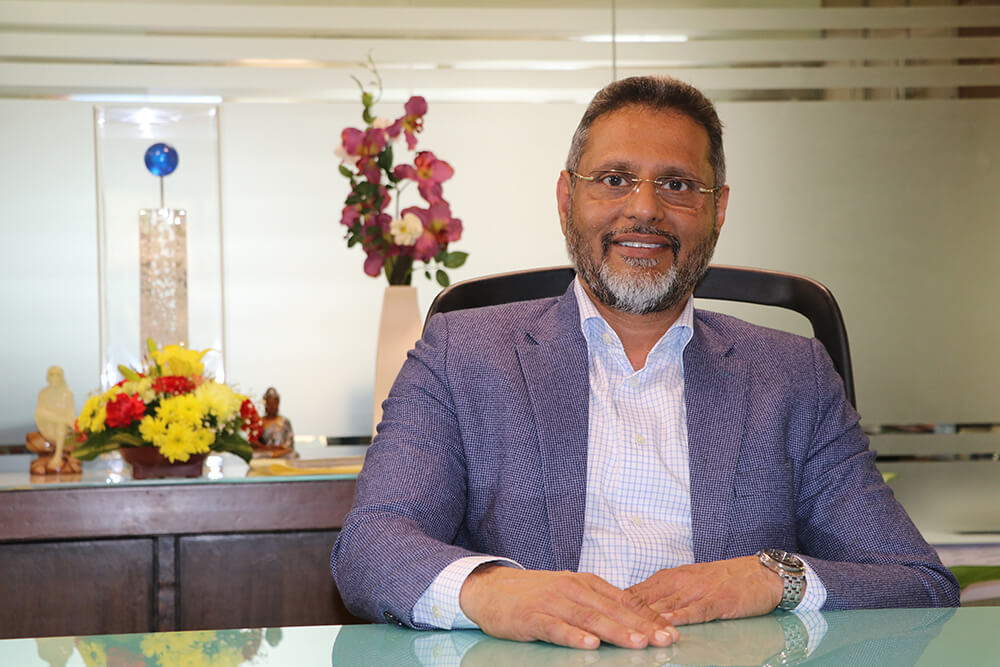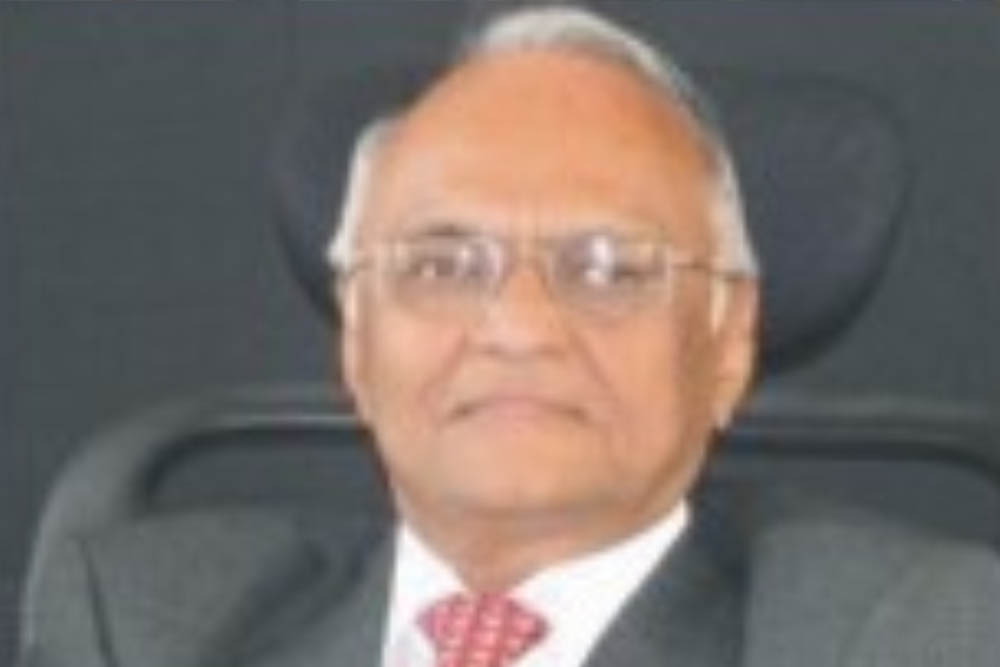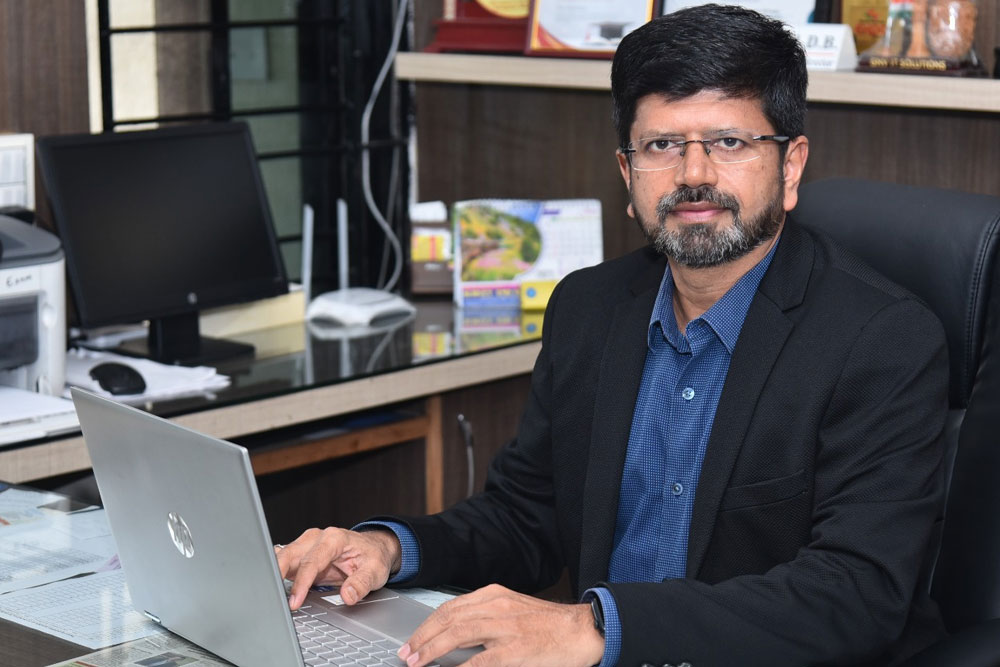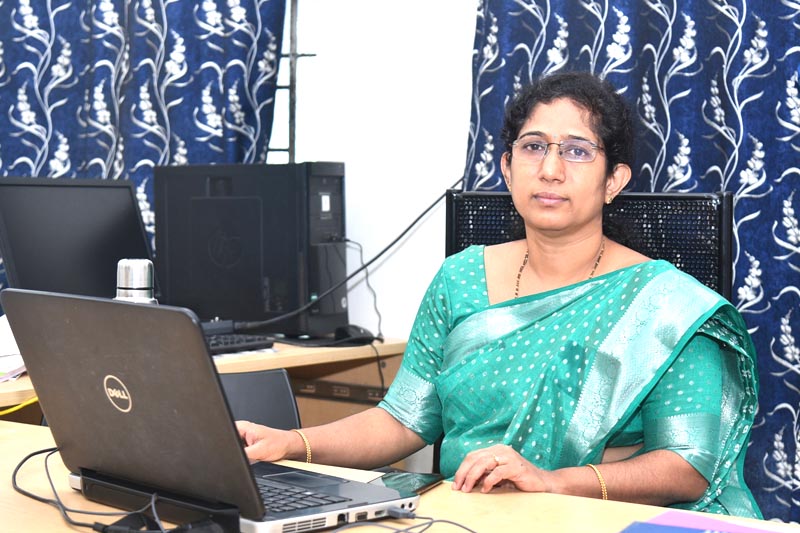 Dr. Chenraj Roychand
Dr. Chenraj Roychand A distinguished Indian educationist, entrepreneur, angel investor and philanthropist with over 40 years of experience...
 Dr. Chenraj Roychand
Dr. Chenraj Roychand  Sri. Achalchand Jain
Sri. Achalchand Jain  Dr. Ganesh D. B.
Dr. Ganesh D. B.  Master of Business Administration (MBA)
Master of Business Administration (MBA)
 Master of Business Administration (MBA) - 120
Master of Business Administration (MBA) - 120
The Department of Computer Science and Engineering began in the AY 2011-2012 with an intake of 60 students and increased to 120 in the AY 2022-23 and to 180 during the AY 2023-24. The department is well equipped with team of learned and resourceful faculties. It has comprehensive infrastructure comprising of laboratories to successfully implement and execute the academic programs. It also consists of a departmental library, containing various books and articles which help in providing necessary information and knowledge.
The department has as strong and active Forum CS-UBIQUE helping in all-round development of the students through various Technical Workshops/symposiums/technical talks on recent technologies namely Selenium with JAVA, IoT, Big Data analysis, Algorithm, Ganakotsava and also encouraged to participate in extracurricular, co-curricular and sports activities conducted throughout the year in order to build strong curriculum for students. The department has extended unique platform to nurture the students towards innovation, product development, start-up and entrepreneurship. The faculty of the department is actively involved in research activities in various technical domains.

| Degree | Programme | Year | Intake |
|---|---|---|---|
| UG | BE in Computer Science & Engineering | 2025-26 | 300 |
| 2023-24 | 180 | ||
| 2022-23 | 120 | ||
| 2011-12 | 60 |
To develop socially responsible computer engineers and entrepreneurs with strong academic excellence, technical backgrounds, research and innovation, intellectual skills and creativity to cater the needs of IT Industry and society by adopting professional ethics.
MISSIONM1: To impart center of excellence by offering technical education and imbibing experiential learning skills to achieve teaching learning process.
M2: Providing a Platform to discover and engage research and innovation strengths, talents, passions through collaborations, government, private agencies and industries.
M3: Creating an environment to inculcate moral principles, professionalism and responsibilities towards the society.
PSO1: Professional Skills: The ability to understand, analyze and develop computer programs in the areas related to algorithms, system software, multimedia, web design, big data analytics, and networking for efficient design of computer-based systems of varying complexity.
PSO2: Standard Practices: The ability to apply standard practices and strategies in software project development using open-ended programming environments to deliver a quality product for business success.
PSO3: Successful Career and Entrepreneurship: The ability to employ modern computer languages, environments, and platforms in creating innovative career paths to be an entrepreneur, and a zest for higher studies.
PEO1: Graduates of the program will be employed in the computing profession and be engaged in learning, understanding and applying new ideas and technologies as the field evolves.
PEO2: Graduates will be able to conduct Research, Innovation, Design & Development aspects of varying complexities of software and scientific systems.
PEO3: Graduates exhibit high professionalism with ethical and moral values in their working environment.
1. Engineering knowledge: Apply the knowledge of mathematics, science, engineering fundamentals, and computer science and engineering to the solution of complex engineering problems.
2. Problem analysis: Identify, formulate, review research literature, and analyze complex computer engineering problems reaching substantiated conclusions using first principles of mathematics, natural sciences, and engineering sciences.
3. Design/development of solutions: Design solutions for complex computer engineering problems and design system components or processes that meet the specified needs with appropriate consideration for the public health and safety, and the cultural, societal, and environmental considerations.
4. Conduct investigations of complex problems: Use research-based knowledge and research methods including design of experiments, analysis and interpretation of data, and synthesis of the information to provide valid conclusions.
5. Modern tool usage: Create, select, and apply appropriate techniques, resources, and modern computer engineering and IT tools including prediction and modelling complex computer engineering activities with an understanding of the limitations.
6. The engineer and society: Apply reasoning informed by the contextual knowledge to assess societal, health, safety, legal and cultural issues and the consequent responsibilities relevant to the professional engineering practice.
7. Environment and sustainability: Understand the impact of the professional computer engineering solutions in societal and environmental contexts, and demonstrate the knowledge of, and need for sustainable development.
8. Ethics: Apply ethical principles and commit to professional ethics and responsibilities and norms of the computer engineering practice.
9. Individual and team work: Function effectively as an individual, and as member or leader in diverse teams, and in multidisciplinary settings.
10. Communication: Communicate effectively on complex computer engineering activities with the engineering community and with society at large, such as, being able to comprehend and write effective reports and design documentation, make effective presentations, and give and receive clear instructions.
11. Project management and finance: Demonstrate knowledge and understanding of the computer engineering and management principles and apply these to one’s own work, as a member and leader in a team, to manage projects and in multidisciplinary environments.
12. Life-long learning: Recognize the need for, and have the preparation and ability to engage in independent and life-long learning in the broadest context of technological change.
| Sl No | Document | View |
|---|---|---|
| 1 | Course Outcomes | Click here to view |

Dr. Latha B M
Professor and HoD,
Department of Computer Science and Engineering
Jain Institute of Technology, Davangere
Email: lathabm@jitd.in
